Sir David Pountney, it appears, has been to Prague. He’s booked himself a mini-break, he’s EasyJetted out, and after (one assumes) necking a couple of pints of unfiltered Pilsner, he’s splurged the entire design budget for Janacek’s The Excursions of Mr Broucek on the loudest tourist tat that the Mala Strana has to offer.
Already a subscriber? Log in
Subscribe for just $2 a week
Try a month of The Spectator Australia absolutely free and without commitment. Not only that but – if you choose to continue – you’ll pay just $2 a week for your first year.
- Unlimited access to spectator.com.au and app
- The weekly edition on the Spectator Australia app
- Spectator podcasts and newsletters
- Full access to spectator.co.uk
Or
Unlock this article
You might disagree with half of it, but you’ll enjoy reading all of it. Try your first month for free, then just $2 a week for the remainder of your first year.

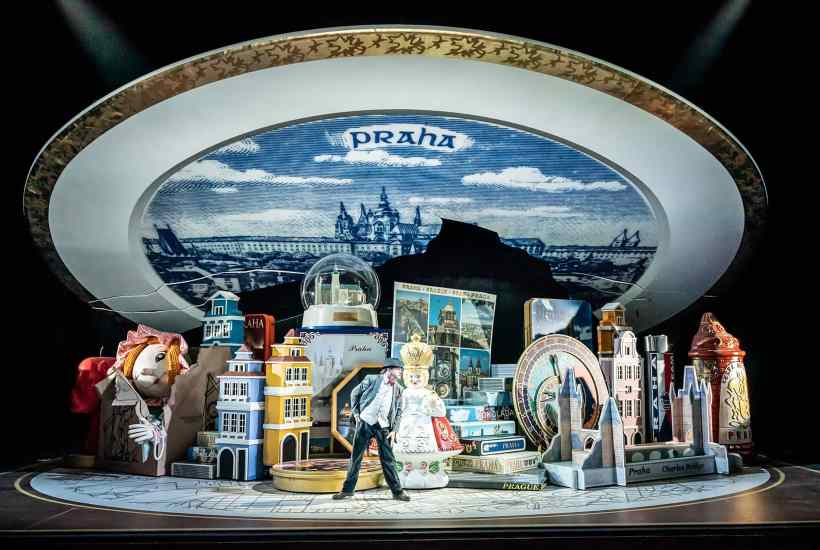

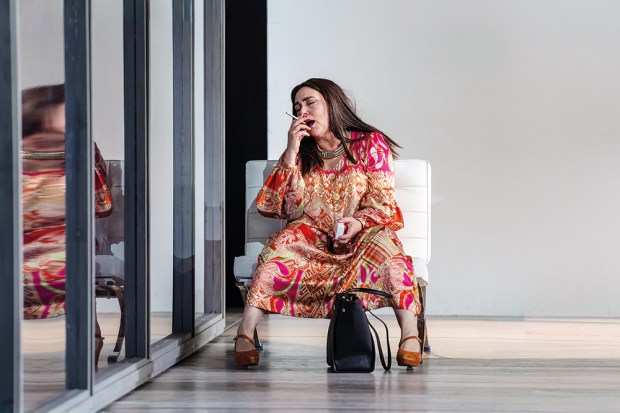
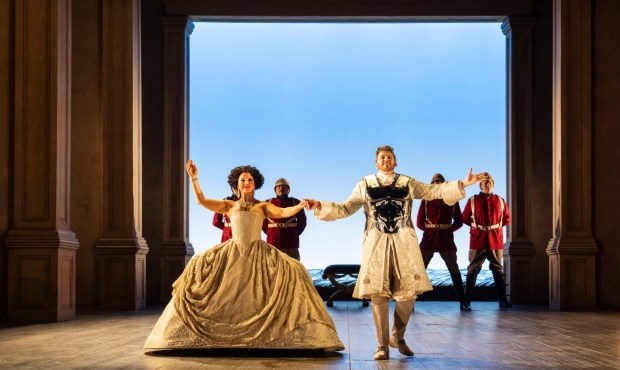

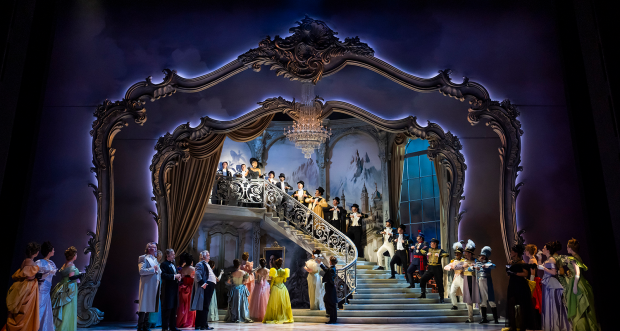
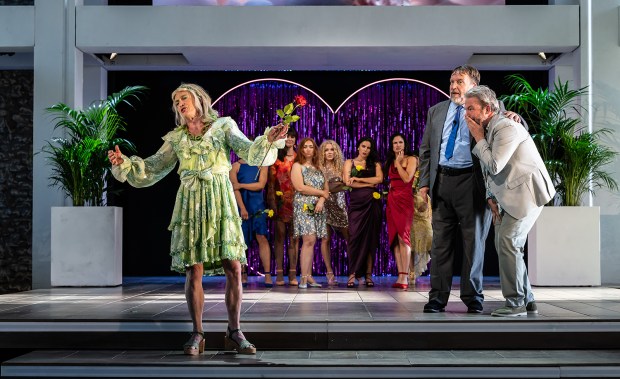






Comments
Don't miss out
Join the conversation with other Spectator Australia readers. Subscribe to leave a comment.
SUBSCRIBEAlready a subscriber? Log in